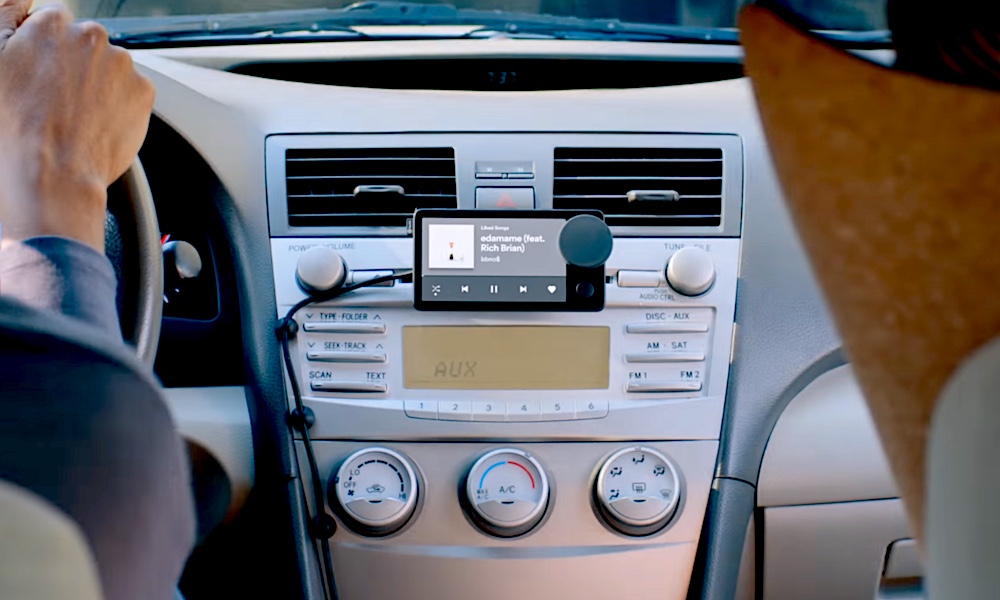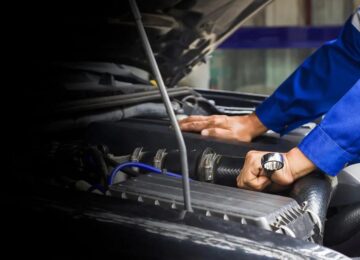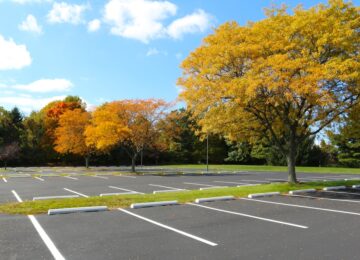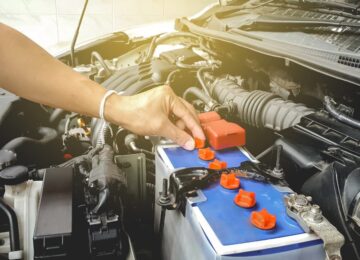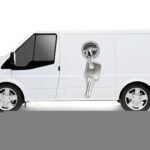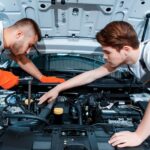Experiencing distorted sound from your car radio can be both frustrating and distracting while driving. Whether it’s a slight fuzz or a complete lack of clarity, distorted sound can affect the quality of your listening experience. Several factors can contribute to distorted sound, ranging from issues with the radio’s settings to problems with the speakers or electrical system.
Issues with the Radio’s Settings
One of the first things to check when dealing with distorted sound is the radio’s settings. Incorrect equalizer settings or high levels of bass, treble, or volume can cause the sound to become distorted. If the equalizer is set too aggressively, it can push the speakers beyond their capacity to produce clear sound. Adjusting the settings to more moderate levels can often resolve the distortion. If your car radio has specific sound presets, it’s worth testing different configurations to find a balance that minimizes distortion and provides clear, high-quality sound.
Faulty or Damaged Speakers
Another common cause of distorted sound is a problem with the car’s speakers. Over time, speakers can become damaged due to excessive volume, wear and tear, or physical impact. A blown speaker or damaged speaker cone can cause the sound to distort, especially at higher volume levels. If the distortion only occurs through certain speakers or is more noticeable at specific frequencies, it’s likely a speaker-related issue. Replacing the damaged speakers or repairing the cones will restore clear sound and prevent further damage to the audio system. Choosing the Auto Repair in Marietta, GA based service can work in addressing such cases.
Problems with the Wiring and Connections
Distorted sound can also be caused by issues with the wiring and connections in the car’s audio system. Loose, frayed, or corroded wiring can disrupt the flow of electrical signals to the speakers, leading to poor sound quality. Faulty or damaged connectors between the radio, amplifier, and speakers can also cause the sound to become distorted or intermittent. Inspecting the wiring and connections for any visible damage or signs of wear is an essential step in addressing sound distortion.
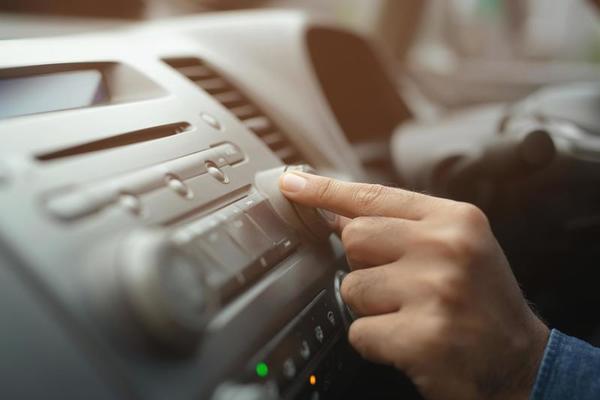
Interference from the Electrical System
Electrical interference from other components in the vehicle can also contribute to distorted sound. Alternator noise, which occurs when electrical interference from the alternator is picked up by the radio’s system, can cause a buzzing or static sound. This type of interference can be particularly noticeable when the car is idling or under certain driving conditions. Installing a noise filter or upgrading the grounding system can help eliminate electrical interference and restore clear sound.
Conclusion
Distorted sound from your car radio can be caused by a variety of factors, including incorrect settings, damaged speakers, faulty wiring, or electrical interference. Identifying the specific cause of the distortion is key to addressing the issue and restoring high-quality sound. By adjusting the radio settings, inspecting the speakers and wiring, and addressing any electrical interference, you can improve your listening experience and prevent further damage to your car’s audio system.

